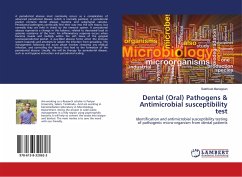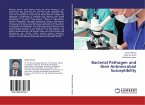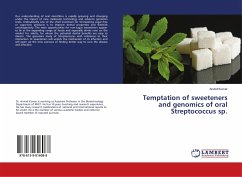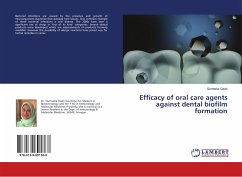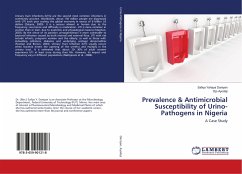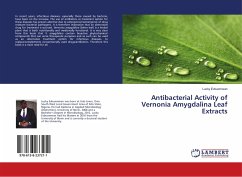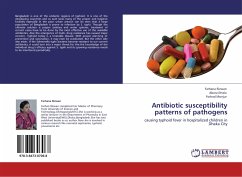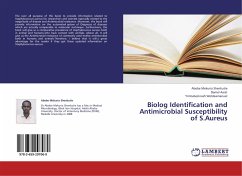A periodontal abscess most commonly occurs as a complication of advanced periodontal disease (which is normally painless). A periodontal pocket contains dental plaque, bacteria and subgingival calculus. Periodontal pathogens continually find their way into the soft tissues, but normally they are held in check by the immune system. A periodontal abscess represents a change in this balance, related to decreased local or systemic resistance of the host. An inflammatory response occurs when bacteria invade and multiply within the soft tissue of the gingival crevice/periodontal pocket. A pus-filled abscess forms when the immune system responds and attempts to isolate the infection from spreading. The management following the acute phase involves removing any residual infection, and correcting the factors that lead to the formation of the periodontal abscess. Usually, this will be therapy for periodontal disease, such as oral hygiene instruction and periodontal scaling.
Bitte wählen Sie Ihr Anliegen aus.
Rechnungen
Retourenschein anfordern
Bestellstatus
Storno

